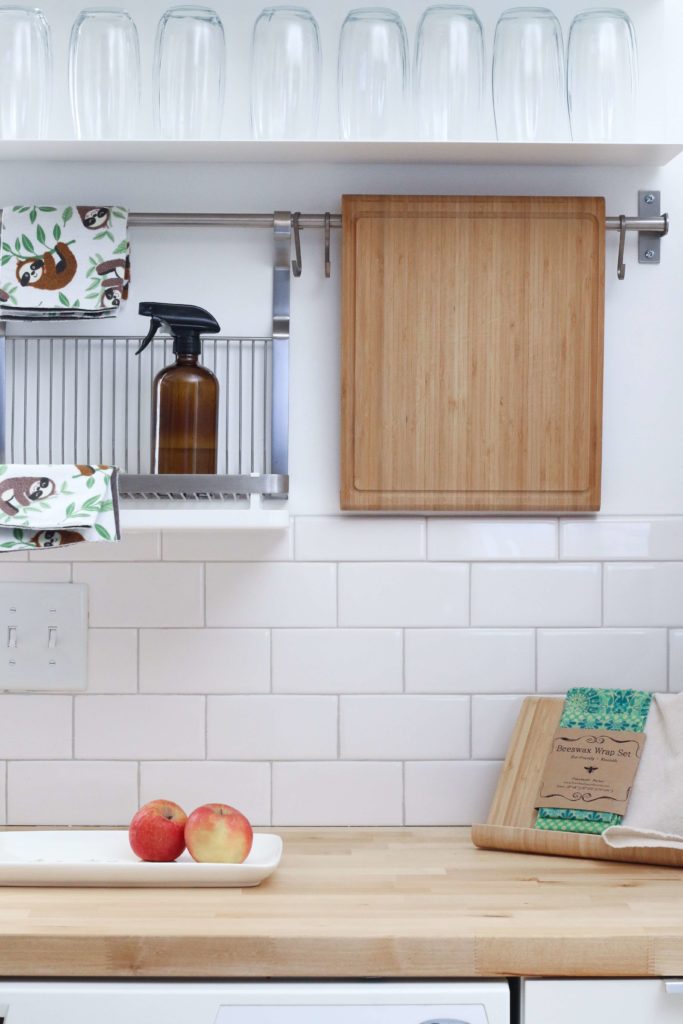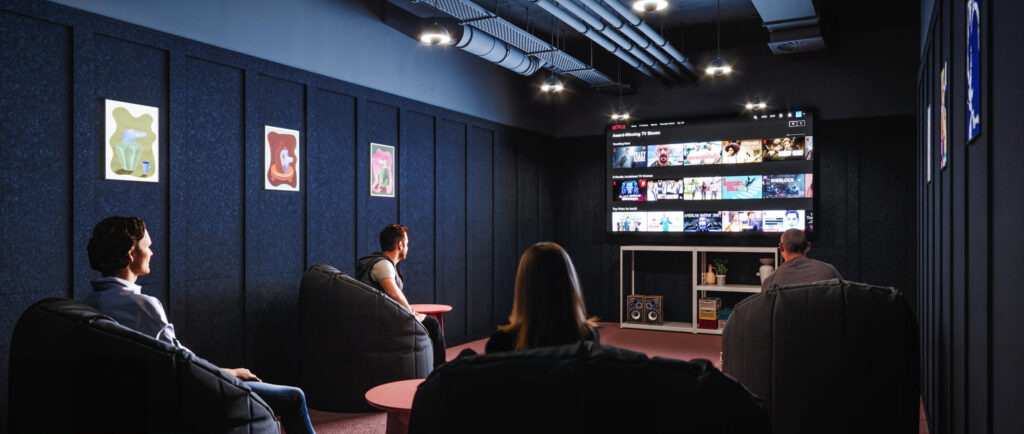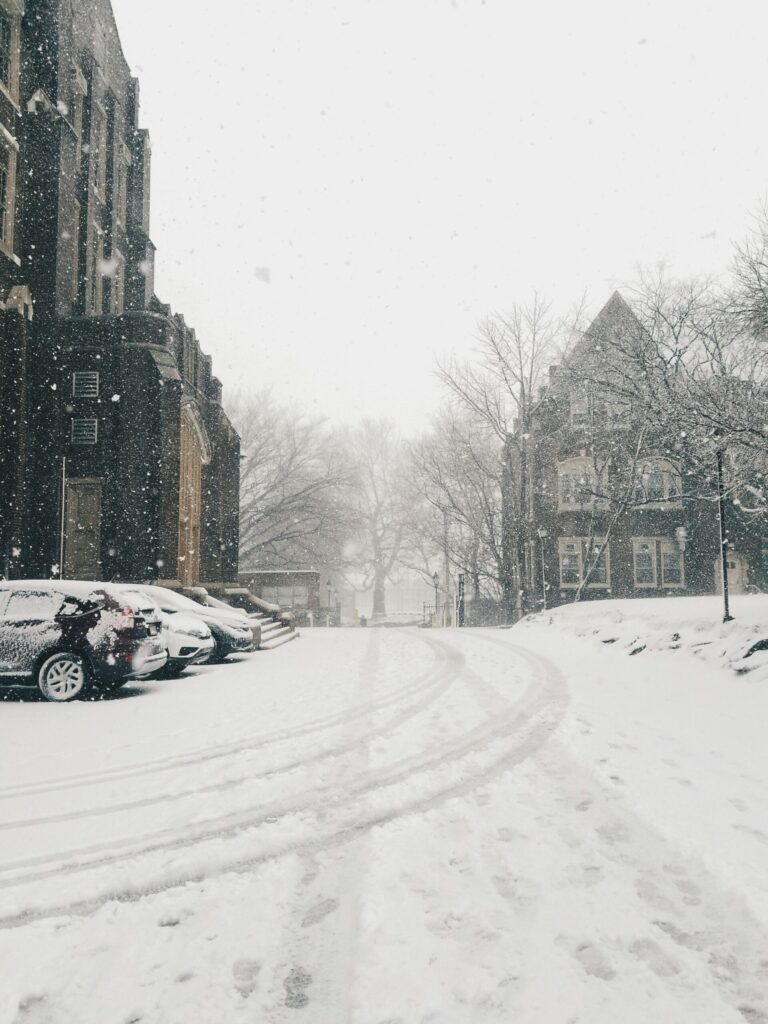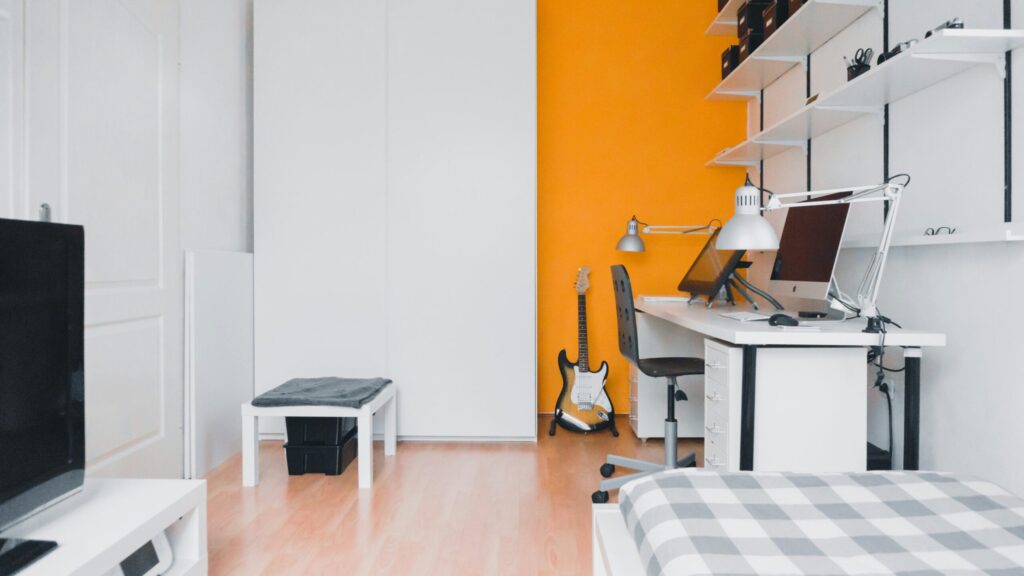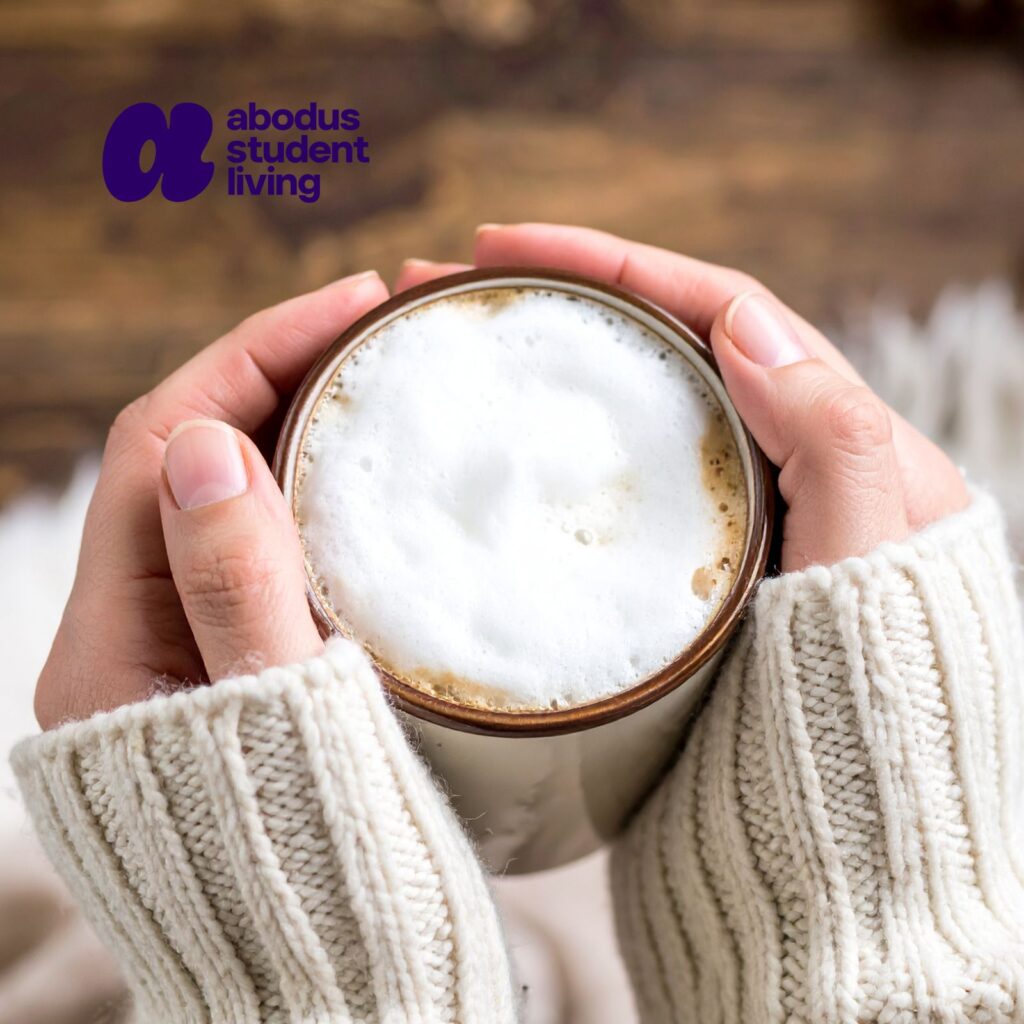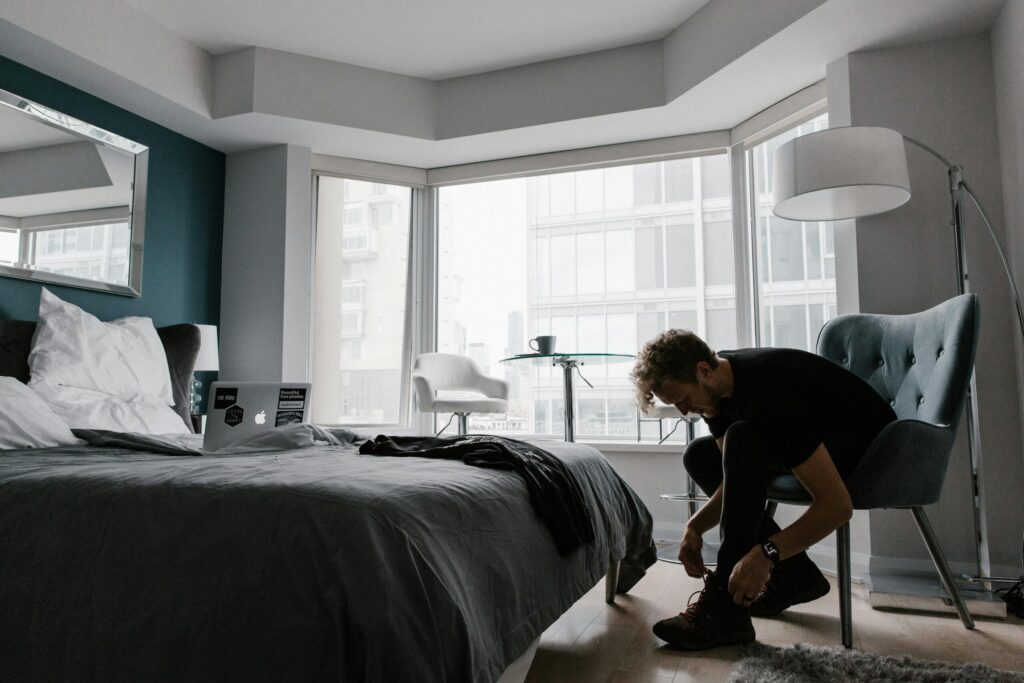We all know how important it is to keep our homes clean, not just for our physical health but also for our mental and emotional wellbeing. No one wants to cook in a dirty kitchen, sleep in a smelly bed or take a bath surrounded by mould and mildew. But whilst some microorganisms can gross us out and make us ill, most species have little direct impact on our health at all, and many can even help us. Your own mouth is a great example of this – it’s home to both ‘bad’ bacteria that can cause tooth decay, but also ‘good’ bacteria that can help to prevent it.
Chemicals are not the solution
Unfortunately, despite their familiarity and widespread use, chemical cleaning products are not the best choice for a healthy home, a healthy planet or a healthy you. Here’s why.
Chemicals kill
For one, chemical cleaning products can’t tell the difference between which species are harmful and which are beneficial or benign. Using common household cleaners like bleach and disinfectants is a bit like setting off a mini microbial apocalypse every time you clean; they kill almost all of the microorganisms living on a surface. Many of these aren’t ‘germs’ but just part of your home’s natural microbial community who pose no threat at all. And recent studies have found that removing these harmless species turns your living space into a sterile vacuum that is unnaturally clean and ultimately, unhealthy[1, 2].
Chemicals are intrinsically hazardous
Many of us don’t think twice about using chemical cleaning products – they’re part of everyday life and many of us have bought the same brands for years. But they are hazardous, which is why cleaning chemical manufacturers must include a warning label on all their products by law, advising us to wear protective clothing, keep rooms well-ventilated and seek medical advice if accidents happen. Many common cleaners, like air fresheners, oven cleaners and furniture polish also contribute to indoor air pollution, releasing harmful compounds into our homes that can affect our health[3, 4]. And as if all this wasn’t bad enough, these cleaners also pose a threat to the natural world, as some chemicals are not completely filtered out during waste water treatment and instead accumulate in waterways, polluting the surrounding environment[5,6].
Chemicals can create superbugs
As strange as it may sound, using chemicals to get rid of harmful bacteria can actually work to their advantage in the long run. Ever heard of the phrase ‘what doesn’t kill you makes you stronger’? This is exactly what happens whenever we apply a cleaning chemical to a surface. Most of the harmful bacteria on it will die, but sometimes, a few hardy little blighters manage to survive and go on to multiply – as often as every 4-20 minutes. And in the same way that our parents passed on genes for blue, brown or green eyes to us, harmful survivor bacteria then pass on their improved defences to the next generation. So, the next time we clean, a few more baddies survive, and they get better at it the longer we use chemicals. This is why antimicrobial resistance (AMR) has become such a huge problem, especially in our hospitals where hygiene is crucial and cleaning happens around the clock[7, 8]. We’re in an arms race with these ‘superbugs’ and, at the moment, they seem to be winning.
But not for long. Enter science and the wonderful new world of probiotic cleaning products!
What are probiotics exactly?
The word ‘probiotic’ comes from the Latin word ‘pro’, meaning ‘for’ and the Greek word ‘bios’, meaning ‘life’, and roughly translates to ‘good for living things’. Scientists use this term to describe any microorganism that can benefit human or animal health. You’ve probably heard probiotics mentioned in adverts for yogurt drinks and health supplements, but they’re not just good for your gut – they’re also great housekeepers and can help to keep your home cleaner and healthier too.
How do probiotic cleaning products work?
Whether they are harmful to us or not, all microbes need nutrients and space in order to survive. Rather than killing everything as chemicals do, probiotic cleaning products work by outcompeting harmful microorganisms for these key resources instead. Every spray introduces billions of beneficial bacteria onto a surface, and these ‘good guys’ quickly get to work, eating up all the nutrients and taking up all the space. With nowhere to multiply and nothing to eat, any ‘bad guys’ that were lurking nearby or who turn up later soon die out, leaving surfaces clean and safe.
What are the benefits of going probiotic?
So, now you know how probiotic cleaning products work, here are three great reasons to ditch those chemical nasties and invite some new microbial friends into your life!
Better for your health
All of our ingredients are completely natural, so there’s nothing inside that can cause harm, and no strong artificial fragrances to worry about. This also means that the We Are Probiotic’s range is safe to use even if you have asthma, allergies, and skin conditions that are normally triggered by chemical-based cleaning products.
Better for the environment
Our refill system reduces single-use plastic waste by 90% because you can use the same spray bottles over and over again. All of our ingredients are natural or naturally derived, and so won’t cause any harm once they enter waterways. All our products are hand brewed with love out in the Wiltshire countryside using sustainable energy and with locally sourced organic ingredients where possible. Our range is also vegan and has been approved by both the Vegan and the Vegetarian Society.
Better for your wallet
Good cleaning products shouldn’t break the bank. We Are Probiotic’s range is much more affordable than most chemical, eco and traditional cleaning options, and we offer both individual refill sachets and subscription plans for the ultimate flexible cleaning solution. Best of all, we’re offering all Abodus Student Living tenants an exclusive 20% discount across our range, so you can save even more using the code ABODUS20 at checkout!
To find out more about our range, why not visit our website at www.weareprobiotic.com
You can also find us on Facebook and Instagram
@weareprobiotic
Links:
- https://www.popsci.com/bugged/
- https://www.bloomberg.com/news/features/2020-12-16/covid-pandemic-microbiomes-could-be-key-to-stopping-spread-of-future-viruses
- https://www.blf.org.uk/support-for-you/indoor-air-pollution/causes
- https://www.thoracic.org/about/newsroom/press-releases/journal/2018/women-who-clean-at-home-or-at-work-face-increased-lung-function-decline.php
- https://www.sciencefocus.com/planet-earth/how-do-household-cleaning-products-affect-the-environment/
- https://blueandgreentomorrow.com/environment/how-exactly-cleaning-supplies-affect-environment/
- https://www.scientificamerican.com/article/strange-but-true-antibacterial-products-may-do-more-harm-than-good/
- https://www.cdc.gov/eid/article/7/7/01-7705_article

